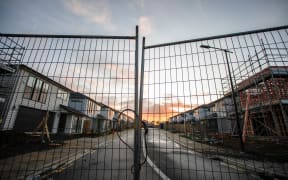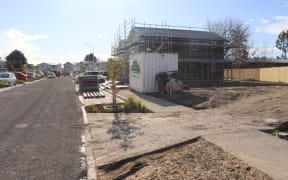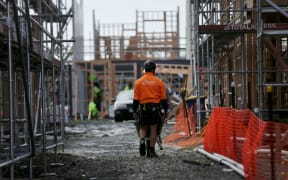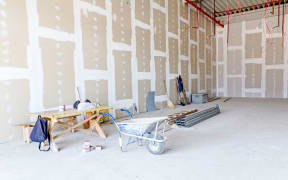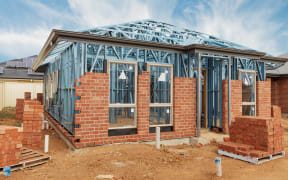One of the country's long-standing commercial construction firms will have around 1500 tradies back on the tools in Auckland today, under Covid-19 alert level 3 protocols.
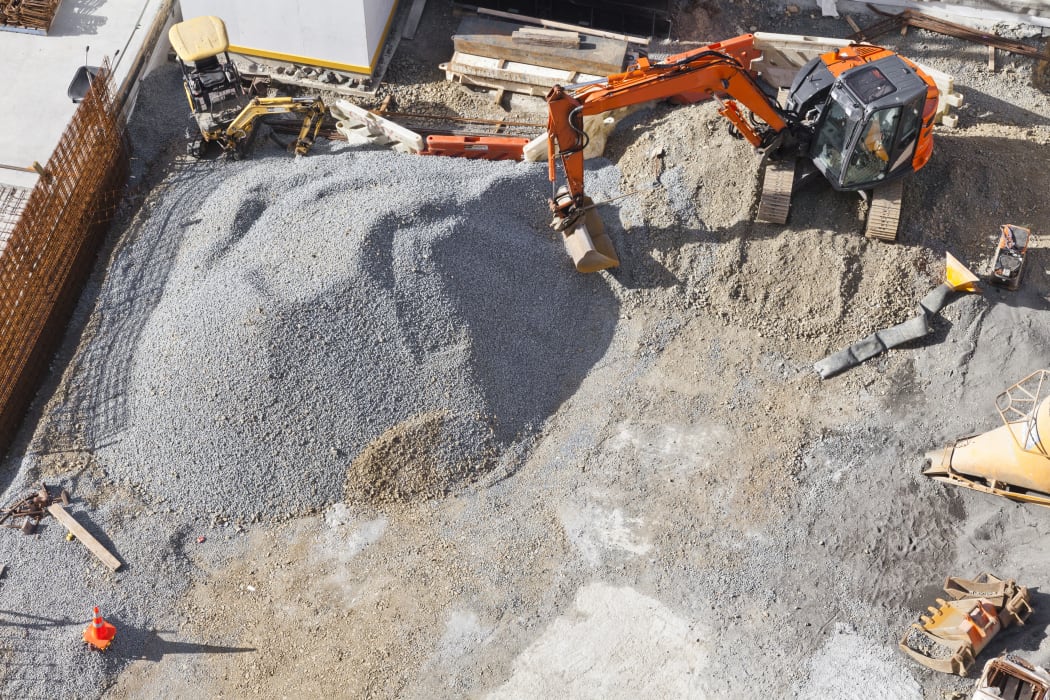
A construction site in Auckland (file image). Photo: 123rf
Naylor Love chief executive Rick Herd said he was "delighted" staff and sub-contractors could return to the city's building sites, which account for 30 percent of the company's projects.
"I know the construction industry is delighted to be going back to work," Herd said.
"We've got a lot of smaller subcontractors who to be out of work for five weeks and not have any wages come in is very difficult."
Fewer staff could be on site at a time, which meant productivity would drop between 10 and 15 percent, he said.
Construction delays caused by the city's five week lockdown could not be caught up, he added.
"The time for the lockdown is just simply lost. Projects these days - the timing is such that you have very little opportunity to pick up the time, we're under increasing pressure to deliver projects more quickly so if you lose five weeks to a shut down there's very little opportunity to bring it back."
A building intelligence expert said Auckland's five week lockdown had not put a dent in planning for construction projects.
Pacifecon's New Zealand business manager Trina Farr said planning increased during alert level 4.
"Even within the last few weeks our project numbers are up, new that are entering the pipeline or being reported so people who are involved in the planning side of things are still really busy."
Its August estimates showed there were 2464 residential projects valued at $55 billion, and 1741 commercial projects at a value of just under $30b, in the pipeline.
But there was concern some rubber-stamped projects would not turn a sod as a shortage of building materials created uncertainty.
Herd said that was the sector's greatest challenge.
"What worries me is that as these costs escalate and delays become more pronounced and we cannot commit to time then some of these private funded projects are going to start to stall."

